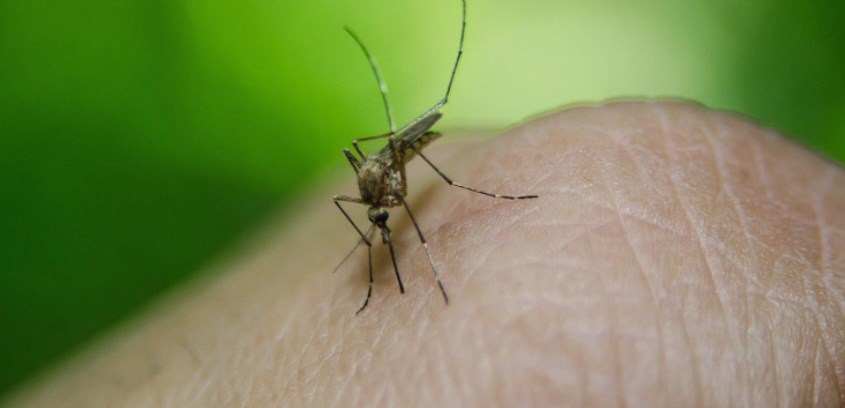
Sindh Reports Over 93,000 Malaria Cases Amid Surge in Infections
Sindh is currently grappling with a major malaria outbreak, with health officials reporting over 93,000 cases in the past week alone. The surge is primarily attributed to heavy monsoon rains, which have left standing water in many areas, creating breeding grounds for mosquitoes. Health authorities have mobilized resources to address the outbreak, implementing fumigation drives and establishing free treatment centers to support affected communities.
The situation has put a strain on Sindh’s healthcare infrastructure, as hospitals and clinics face high patient volumes. Officials have emphasized preventive measures, urging residents to use mosquito nets and repellents while health teams conduct awareness campaigns. Despite these efforts, the persistent rainfall and poor drainage systems in some areas have made it challenging to curb the spread of the disease effectively.
In response, the government is coordinating with local organizations to improve disease management and prevent further cases. The crisis has highlighted the need for more robust infrastructure and a rapid response system to prevent similar outbreaks in the future. This malaria surge has intensified calls for greater investment in healthcare resources to mitigate the impact of seasonal illnesses in Sindh and beyond.







